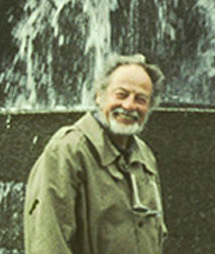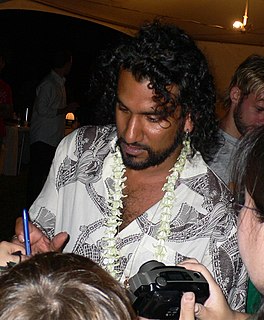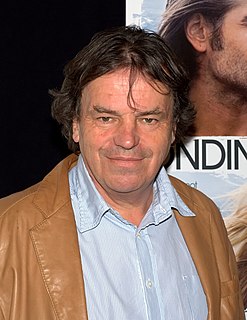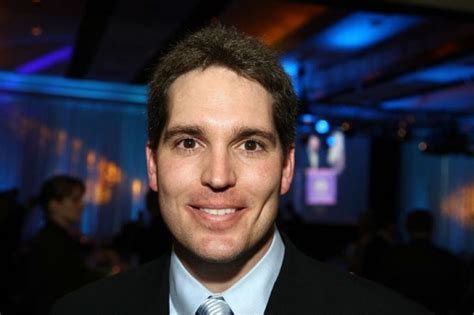A Quote by Colin Farrell
On "[Total] Recall" also [sets were extraordinary], but this was next-level. They built two or three blocks of midtown Manhattan in 1926 and it was inhabited with 400 extras and 24 Model Ts and a train system and all that kind of nonsense. It was madness. You would walk into shops and they would have the goods from that period, it was just huge.
Related Quotes
The industrial leader of the 20th century was a system-builder. He was a visionary in terms of what could be built; got the capital together; certainly convinced investors that it was possible; and then ran a high-volume production system that would spew out a vast array of almost identical goods and services. They would be changed from time to time; there was research and development, to be sure. But the system was built around production, not innovation.
Just look at that Forbes 400. Takes a billion three to get on the Forbes 400 this year. And the aggregate wealth is just staggering. And those people are paying less percentage of their total income to the federal government than their receptionists are. [...] I'll bet a million dollars against any member of the Forbes 400 who challenges - me that the average for the Forbes 400 will be less than the average of their receptionists.
The whole Ireland was taken over by greed and materialism. It was extraordinary. The price of every house had skyrocketed. If you were a small farmer and you had two fields outside, if you built 17 bungalows on them all, you become a millionaire, that kind of thing. It was extraordinary to see how rapidly that kind of ethic takes over a whole culture, but that's what's happened to us since the year 1998, about. It's completely extraordinary how little regard the culture had for the landscape. The country is now full of these half-built industrial parks and hotels.
I think people were a little bit too concerned about what I would or would not be allowed to say. So let me just get that out of the way and get on to the business of telling, you know, a story, or two, or three, or 15. And also to say, "Okay, look. Here it is, don't worry about it. The restrictions and the watered-down and all the stuff that you thought was gonna happen really isn't the case." So we done got that out the way, and now we can just kind of move on.
At a macro level, it's balancing the needs of consumers, advertisers and content owners. And if you talk to any one of those three customer sets in isolation, often times you won't delight the other two. So the hurdle we faced with Hulu Plus was, how can we thread this needle in a way that delights all three customer sets?
I grew up in the time just when cassettes were waning and CDs were growing. And so mix tapes - and not mix CDs - mix tapes were an important part of the friendship and mating rituals of New York adolescents. If you were a girl and I wanted you - to show you I like you, I would make you a 90-minute cassette wherein I would show off my tastes. I would play you a musical theater song next to a hip-hop song next to an oldie next to some pop song you maybe never heard, also subliminally telling you how much I like you with all these songs.
The British use a system where the profits a corporation reports to shareholders is what they pay taxes on. Whereas in America we require corporations to keep two sets of books, one for shareholders and one for the IRS, and the IRS records are secret. For publicly-traded companies, the British system would tend to align the interests of the government with the interests of the company because the company wants to report the biggest possible profit. Though, all wealthy countries have high taxes as wealth requires lots of common goods, from clean water to public education to a justice system.



































